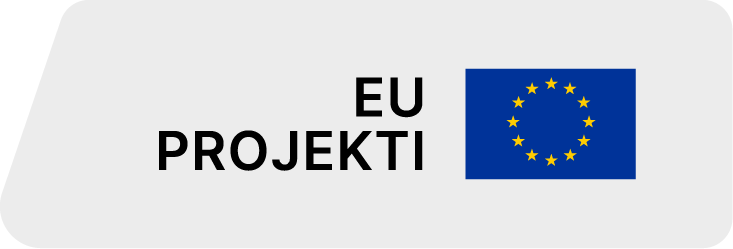The COVID19 has created a new reality for the healthcare sector globally testing its limits. Malicious actors taking advantage of the pandemic have already launched a series of phishing campaigns and ransomware attacks. Health institutions have shifted their focus to their primary role, managing this extraordinary emergency, and placed them in a vulnerable situation.
Large and small clinics, hospital chains and radiology centers are now managing their data online. Unless there are enough security controls and protected cloud storage, it becomes easier for hackers to make their way through their systems. A lot of such breaches are rooted in management of the workforce. However, most of these breaches happen due to human errors, carelessness or frauds. Maintaining the security of patient data is a complex proposition that affects every employee of a healthcare facility, every area of its IT system, and all vendors, partners, and insurers that work with the healthcare provider.
While many facilities are working toward achieving full compliance with privacy regulations, there are a variety of factors to consider that go beyond compliance issues to address the overall risk to your facility. With that in mind, we present important things you should know about healthcare IT security:
– Protected Health Information is a prime target
Those records typically contain sensitive data such as name, date of birth, Social Security number, insurance information, and medical history. This information is highly sought after, so it is no surprise that the Breach Level Index shows identity theft was the most prevalent data breach type in 2018.
– Healthcare faces the most security threats
According to the Breach Level Index, healthcare companies experienced the greatest amount of security events in H1 2018 amongst all the industries.
– Most breaches come from inside
73% of breaches in the healthcare industry are the result of unauthorized or inadvertent actions of employees. From privilege misuse, through misdirected emails and faxes to lost or stolen laptops, sensitive information can be exposed at any point in the process. Even if the intentions are not malicious, data can find its way into an unprotected environmen.
– The costs can be astronomical
The Ponemon Institute’s 2019 Cost of Data Breach Study shows that the healthcare industry pays an average of $429 per breached record, the highest cost per record across industries. Beyond the direct costs of addressing a breach, failures in patient data security can lead to a loss of trust among patients, stakeholders, and the community, along with damage to the organization’s reputation, a loss of patient and revenue streams, and an increase in liability.
– Online information needs 24/7 protection
Online information needs 24/7 protection. As medical records and prescriptions are going online, and hospital networks are sharing this data among doctors, patients, and insurers on the Internet, it’s imperative to control who has access to the information and applications and secure the appropriate access points with strong two-factor authentication and to ensure that the data is encrypted both in motion and at rest.
– Sensitive information is everywhere
Healthcare providers and practitioners have embraced mobile computing through smartphones, PDAs, and laptops, creating new vulnerabilities in healthcare IT systems. This has resulted in even more data being at risk of exposure as copies can be made with ease and backups are stored beyond the confines of the traditional data center, in virtual environments and in the cloud.
– If it’s not encrypted, you’re not protected
Whether in a database, in use by the furthest end user, or at any point in between, unencrypted data is vulnerable to theft or misuse. The presence or absence of encryption can also be a deciding factor in determining liability in the event of a breach
– You, personally, can be held liable
As the focus on patient data safety continues to increase, regulations are shifting to add personal liability to corporate liability, opening the doors to fines—and even jail time—for those responsible for safeguarding data.
Medical field has a long history of failing to pay enough attention to internet security. Even as many organizations try to make up for the lost time by increasing their investments, many hospitals still have significantly outdated systems. Additionally, managers may not provide adequate time for staff members to get relevant training. Healthcare cybersecurity must be improved.
We know how to do it perfectly! Contact us for a demonstration!



